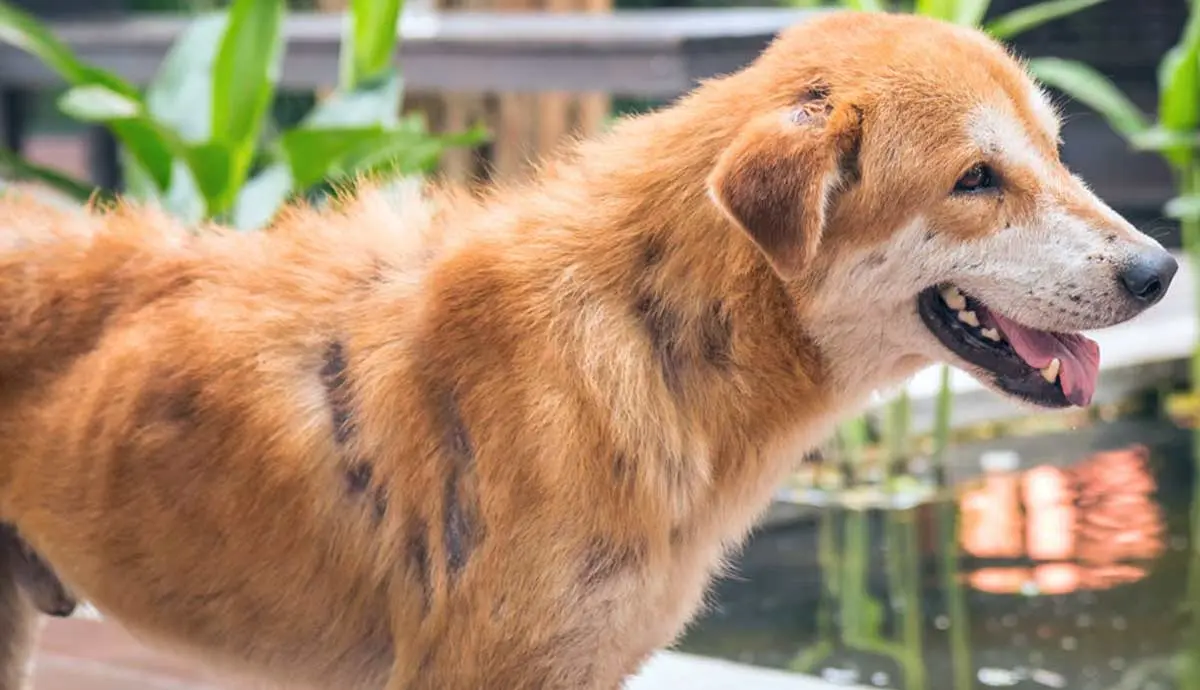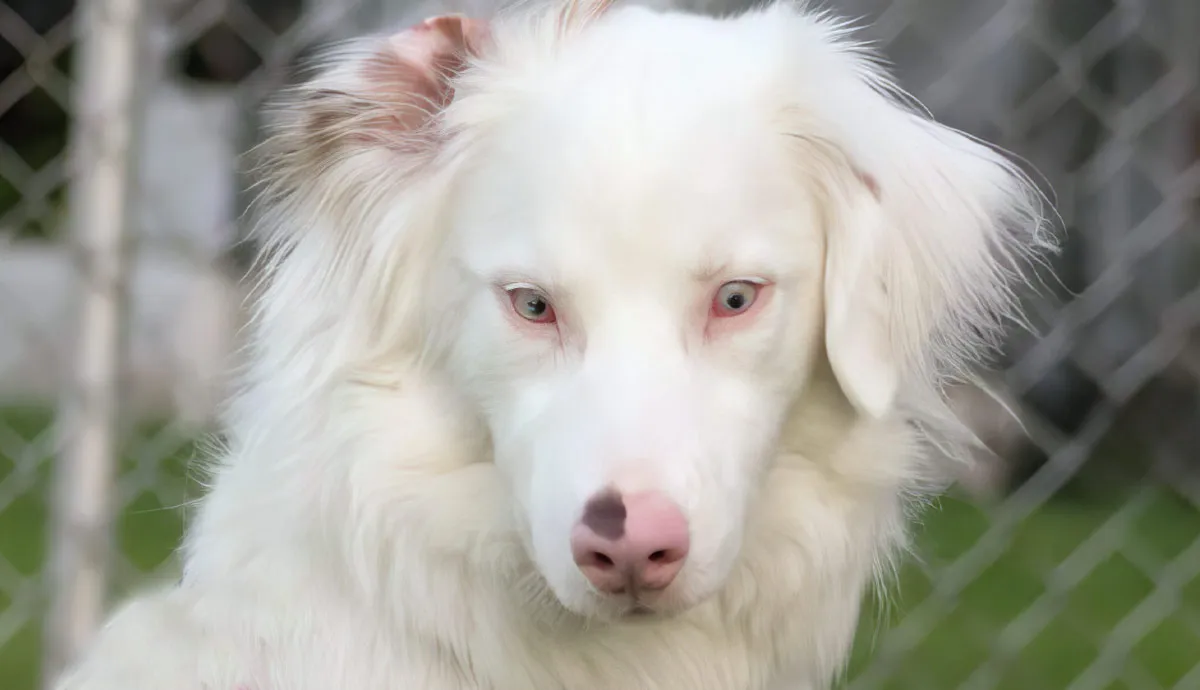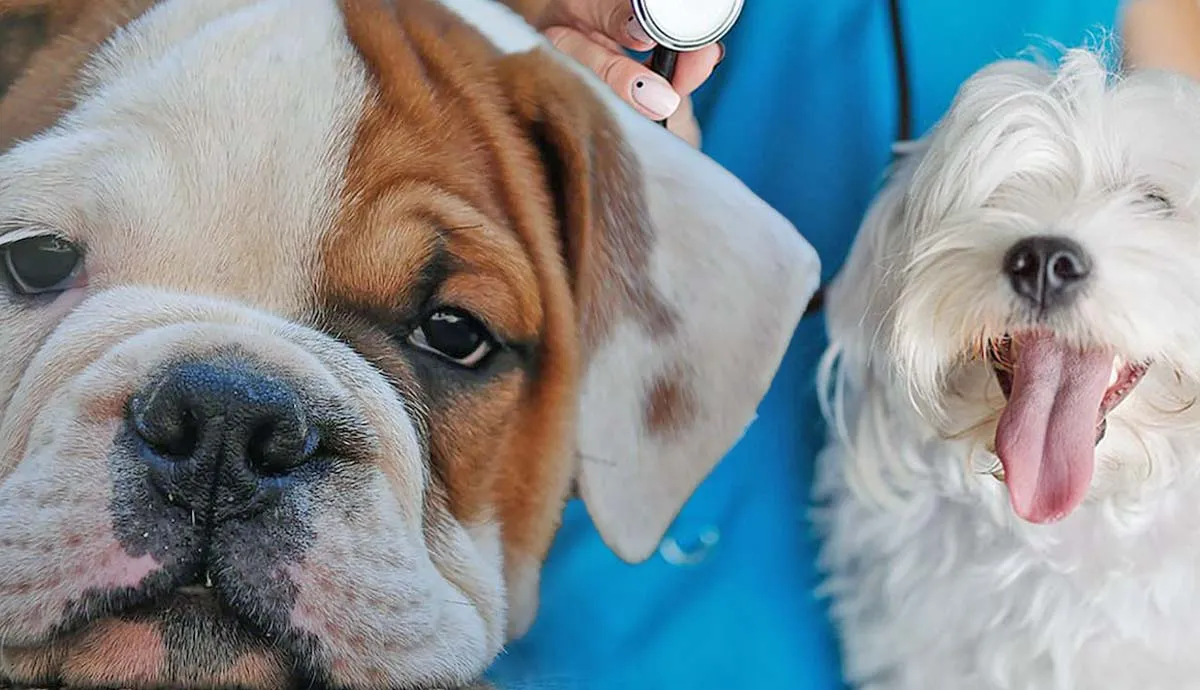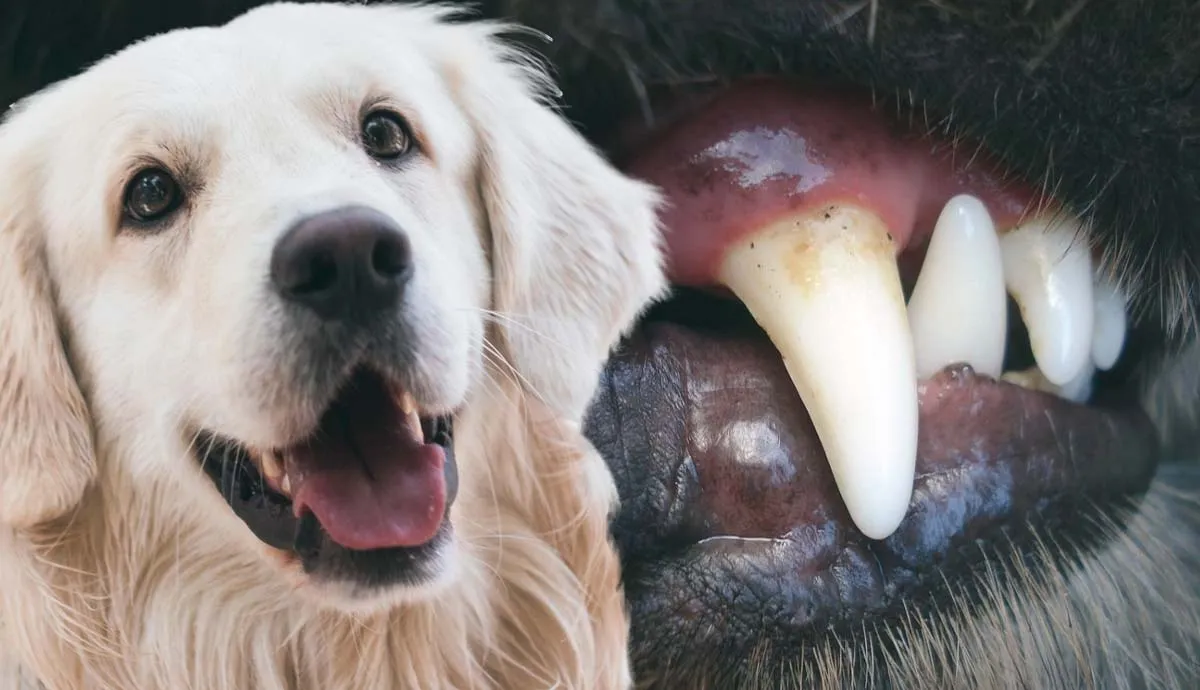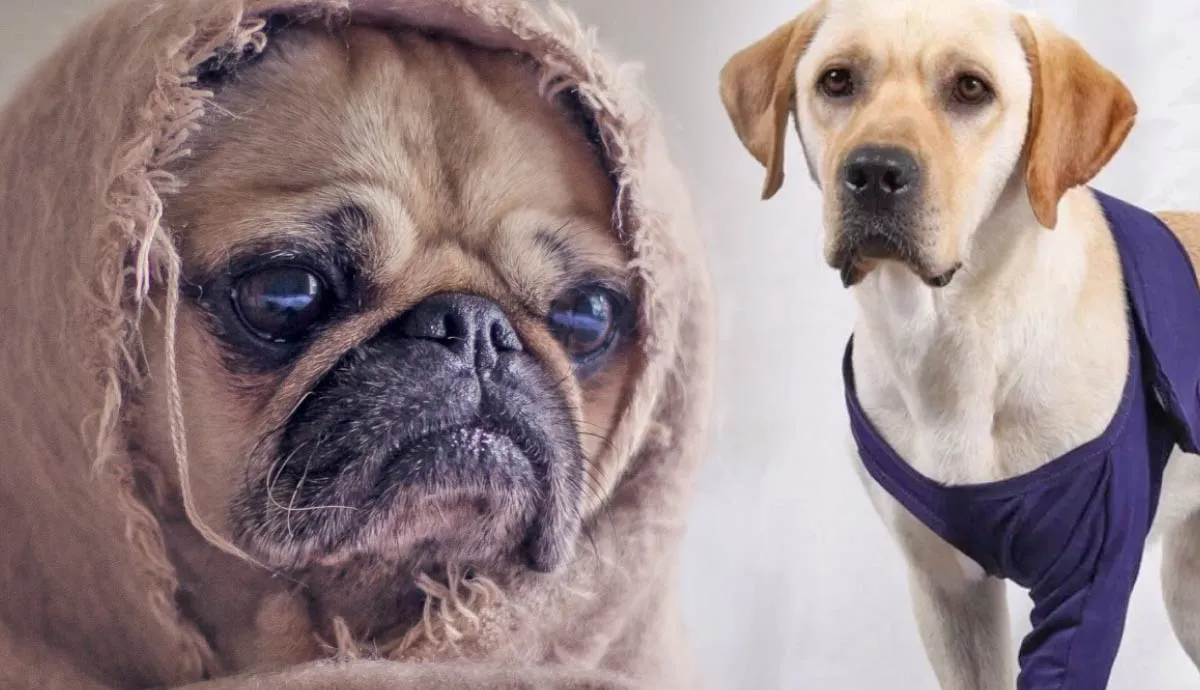Cancer is a word that makes every dog owner cringe, but thankfully, not all bumps and lumps on dogs are cancerous. If you notice a change in your dog, whether a lump, skin discoloration, or behavioral change, make sure you set an appointment with your veterinarian to rule out cancer or other serious illnesses.
Skin cancer, especially in hairless breeds, is becoming more common, and the best thing is to catch it early enough that treatments are more likely to be successful.
Dogs Can Get Skin Cancer
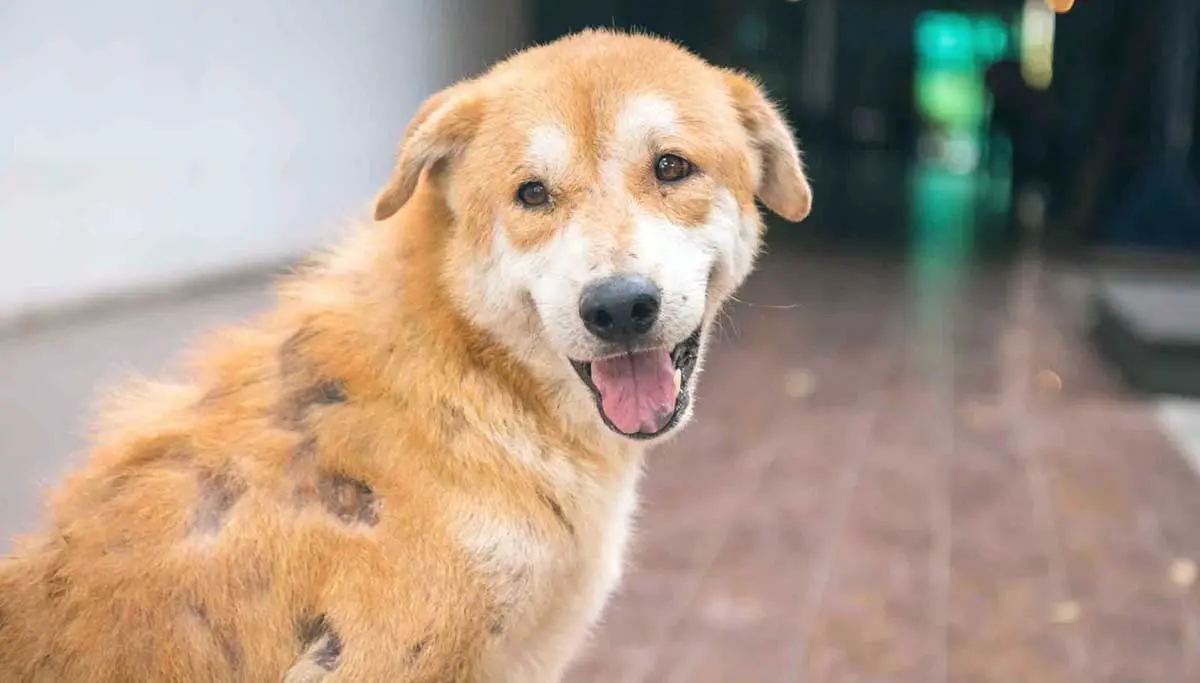
The most diagnosed type of tumor in dogs is a skin tumor. Mostly, this is because it is easier to see and feel tumors on the skin. Chances are greater that you and your veterinarian will catch skin cancer before it progresses to the point that treatments will not be successful.
One thing to remember is that not all skin cancers in dogs are caused by sun exposure. Damage from the sun can be a contributing factor, especially in areas that have little to no hair to help shield from the sun’s damaging rays. Dogs with thin hair or light-colored hair will also be more susceptible to sun damage in the areas with light or thin hair.
What Causes Skin Cancer in Dogs
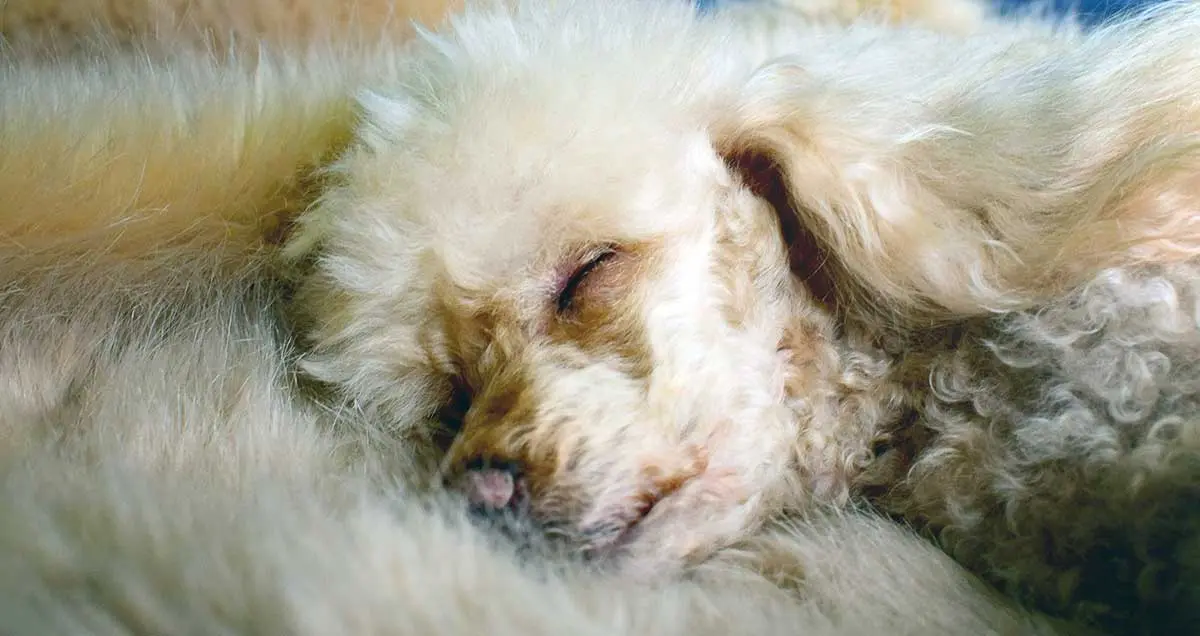
There are a variety of causes of skin cancer in dogs. Genetics can play a big role; there are specific breeds that are more susceptible to developing cancers, including skin cancer. Then there are specific triggers that can lead to a dog developing a type of skin cancer. Those triggers include chemicals in the environment, certain types of viruses, too much sun exposure, and hormonal abnormalities.
Types of Skin Cancer in Dogs
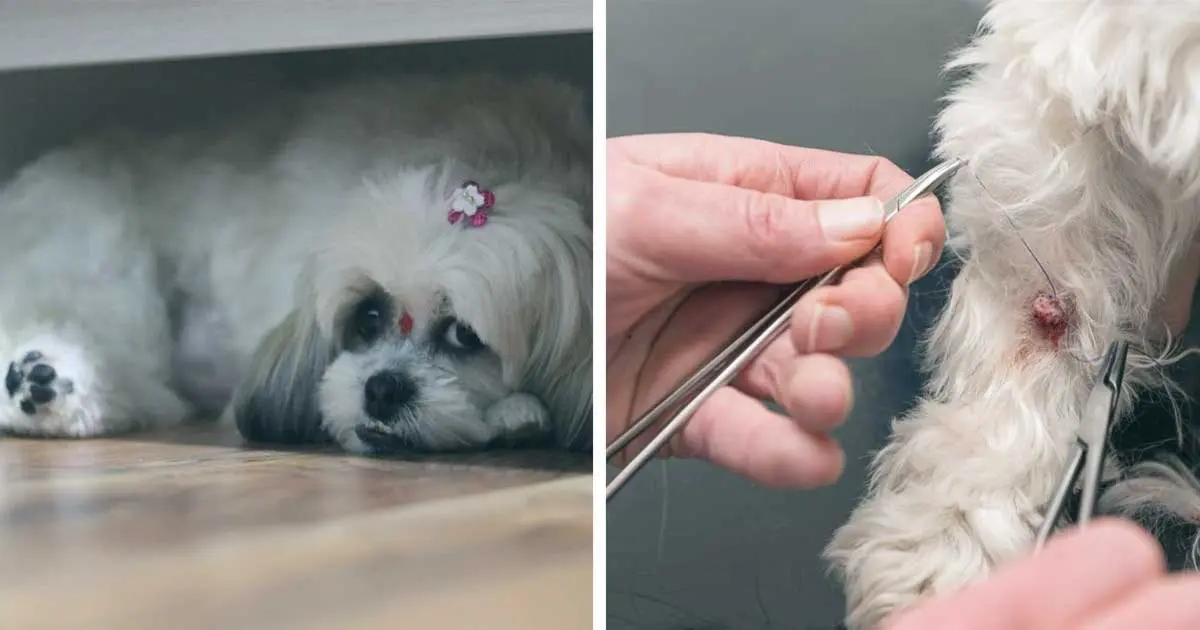
Just like with humans, there are several different types of skin cancer in dogs. Since the skin has several different layers, each layer can develop tumors, some of which can be cancerous.
Types of skin cancer in dogs include:
- Fibrosarcoma: Fibrosarcoma begins in the connective tissues of the skin and will appear varied. This is a slow-growing cancer and is generally caught early and surgically removed. However, these tumors do tend to recur after being removed. Thankfully, fibrosarcoma rarely metastasizes to other organs. Middle-aged and senior dogs are more prone to developing fibrosarcoma.
- Histiocytic cell tumors: Histiocytic cell tumors primarily affect dogs under three years of age. This is one of the deadliest forms of skin cancer in dogs since it first shows up in the internal organs and is not easily detected until tumors form on the skin. Bernese Mountain dogs are very susceptible to this type of cancer, but Bulldogs, Greyhounds, Boxers, Boston Terriers, Scottish Terriers, and Chinese Shar-Pei have also been known to develop histiocytic cell carcinoma.
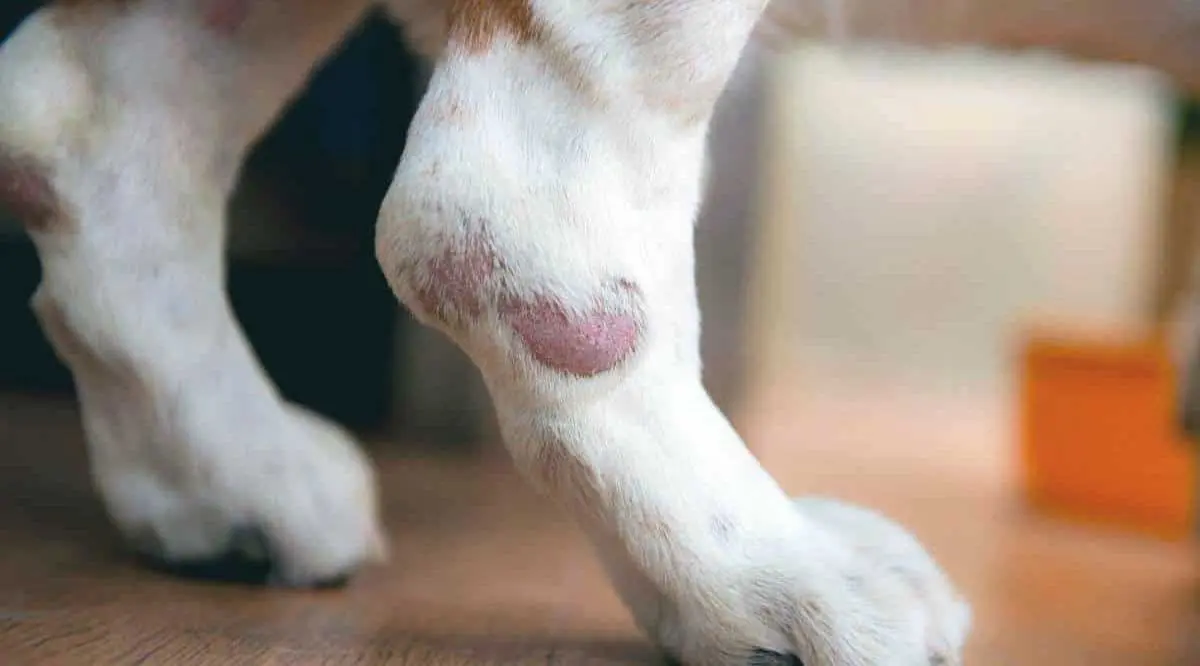
- Malignant Melanoma: These tumors are usually dark-pigmented or do not have any pigment. Melanomas can be benign (non-cancerous) or malignant (cancerous). Malignant melanomas do tend to grow quickly and metastasize to other organs. These tumors are commonly found on the mouth, lips, or nail beds but can be found anywhere on the body. Certain breeds are at an increased risk, including Scottish Terriers, Miniature Schnauzers, and Standard Schnauzers.
- Mast cell tumors: The most common type of skin cancer in dogs is mast cell tumors. Mast cells can grow anywhere on the dog’s body including internally. But, the most common areas mast cell tumors are found include the lower abdomen, legs, and chest. Pugs, Boxers, Boston Terriers, and Rhodesian Ridgebacks are particularly susceptible to this type of skin cancer.
- Squamous cell carcinoma: This type of cancer usually affects older dogs and is usually caused by exposure to the sun, but the papillomavirus may also cause it. Tumors associated with squamous cell carcinoma are mostly found on the lower legs, head, abdomen, and rear end. Basset Hounds, Bloodhounds, and Standard Poodles are more susceptible.
Symptoms of Skin Cancer in Dogs
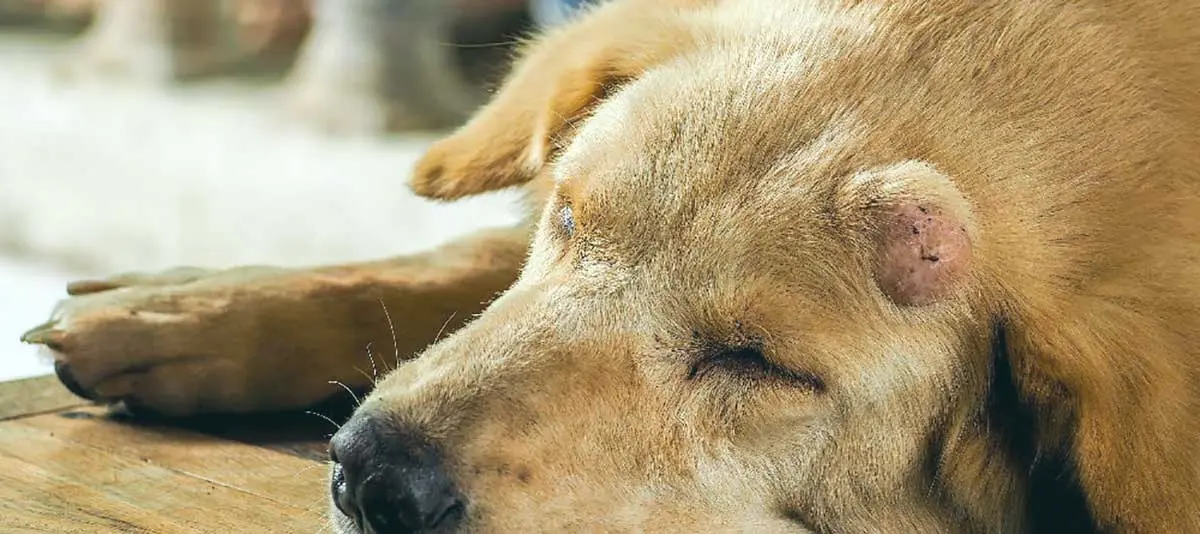
Symptoms of skin cancer in dogs will vary depending on the type of cancer. Keep an eye on any bumps and lumps you find on your dog, and make an appointment with your veterinarian to have them examine and document these lumps. Discolorations and lesions should also be checked, especially as your dog ages.
The main thing to remember before panicking is that not all skin tumors or lesions are cancerous. Skin tags, lipomas, and sebaceous cysts are not cancerous. Run your hands over your dog’s entire body weekly and pay close attention to areas with no hair or thin hair, such as their nose, ears, underbelly, and legs.
How is Skin Cancer Diagnosed and Treated in Dogs
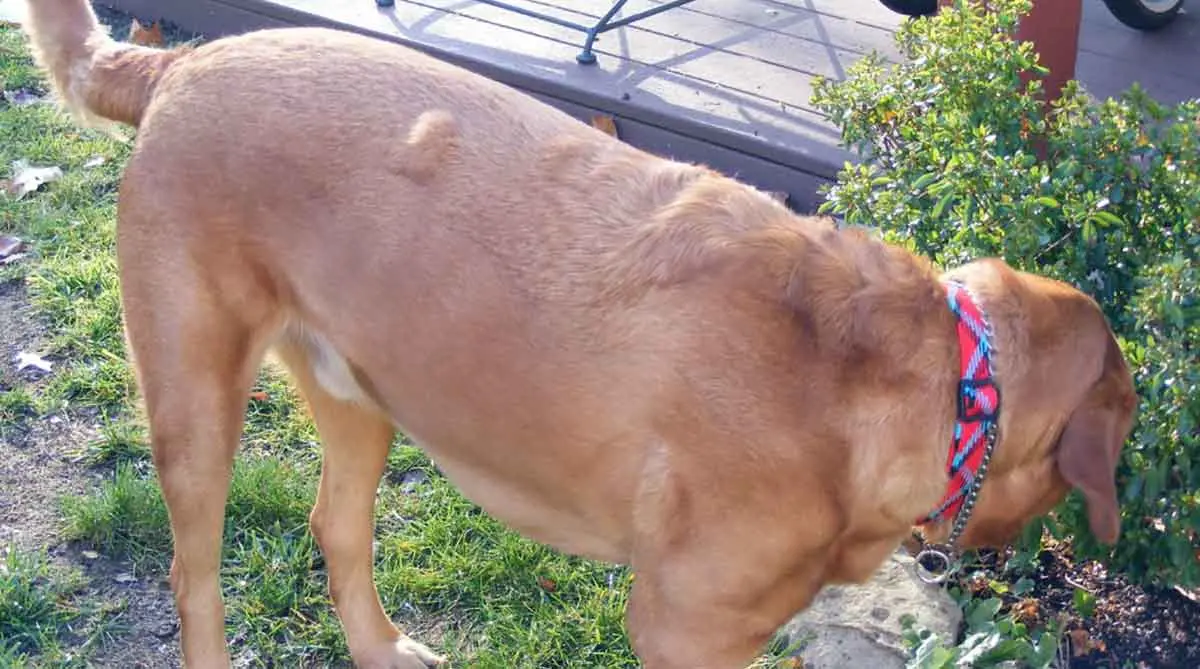
Your veterinarian will need to physically examine the skin tumor or lesion. They may also perform a fine needle aspiration, which is when a needle is inserted into the lump, and a small sample of the cells inside is removed. A surgical biopsy will also likely be performed and depending on your veterinarian’s clinic the pathology may be performed there or may need to be sent out to a lab for accurate results and diagnosis.
Thankfully, many types of skin cancer are treatable when caught at an early stage. The treatment and prognosis of your dog will depend on the type and location of the tumor and the stage of cancer. Metastasized tumors are much more difficult to treat.
Some tumors can be successfully removed surgically, and no other treatments are necessary. Other tumors may need to be surgically removed and then have follow-up radiation and/or chemotherapy. Malignant melanomas are resistant to radiation therapy, but mast cell tumors are more sensitive to radiation and have been successfully treated with this type of therapy without needing chemotherapy as well.
Your veterinarian may refer you to a veterinary oncologist if your dog’s skin cancer is more aggressive or they do not have easy access to the therapies required to treat your dog. Invest in a good pet insurance policy for your pooch, as treatments can be pricey.
Can Skin Cancer in Dogs Be Prevented
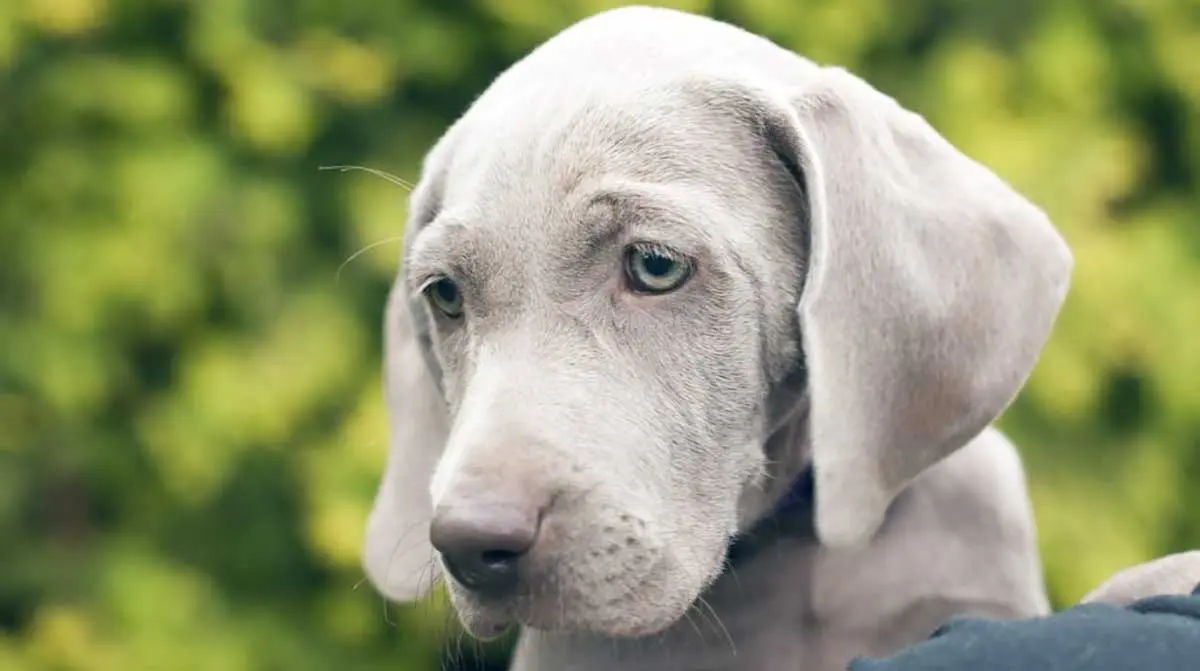
As with humans, genetics can play a big role in whether certain cancers develop. However, several other factors can contribute to your dog developing skin cancer. There are things you can do to help lower the risk of skin cancer in your dog. Choose an ethical breeder that is aware of the genetic link to certain cancers and is working towards eradicating it from their bloodlines.
Limit the amount of direct sunlight your dog is exposed to: short-haired and/or light-colored, light-skinned dogs should be kept out of direct sunlight as much as possible, especially during peak daylight time.
Carefully research all chemicals you use in your home and yard. Some products have warnings about possible carcinogens and should be avoided. If you do use chemicals, especially on your lawn, make sure it is completely dry before you allow your dog outside.
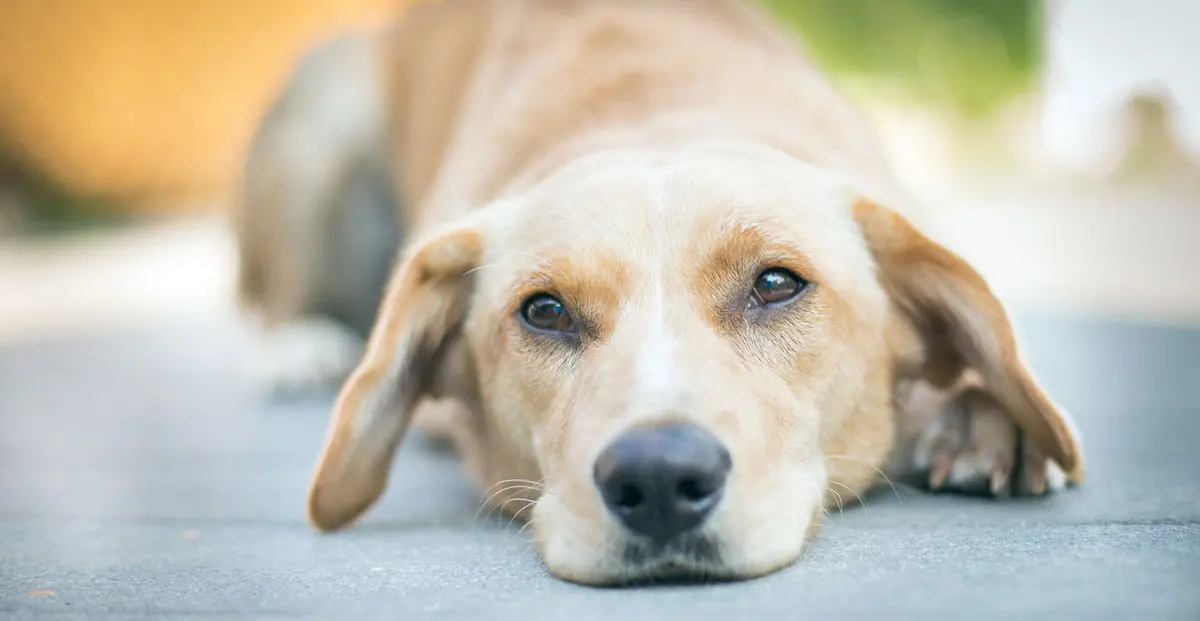
Once a week thoroughly go over your dog and note any bumps, lumps, hair loss, or rashes. If you see anything that is suspicious or concerning be sure to consult your veterinarian. You may want to do this when grooming your pup and make it a relaxing time by gently massaging their bodies to feel for abnormalities.
Cancer of any kind is a scary thing, but being hands-on and proactive with your dog will help catch any abnormal changes early and hopefully give your dog the best chance of getting the appropriate treatments and fully recovering. Advancements in veterinary medicine are making it possible to successfully treat dogs diagnosed with skin cancer.
